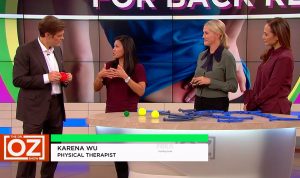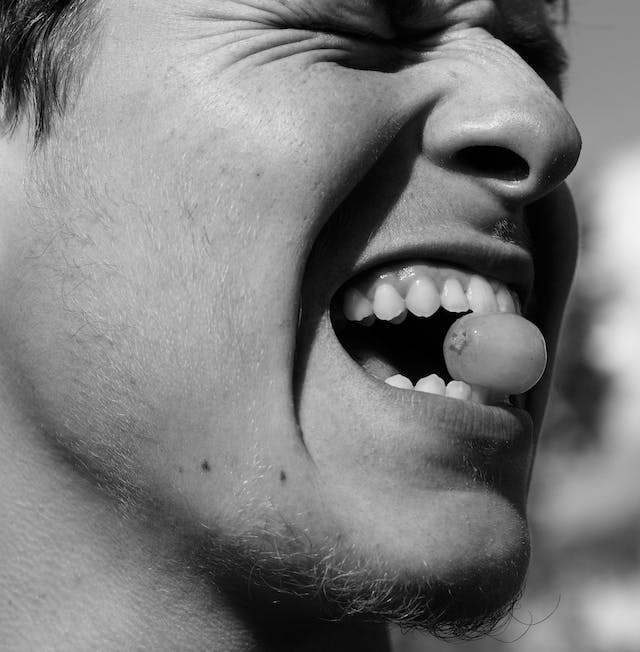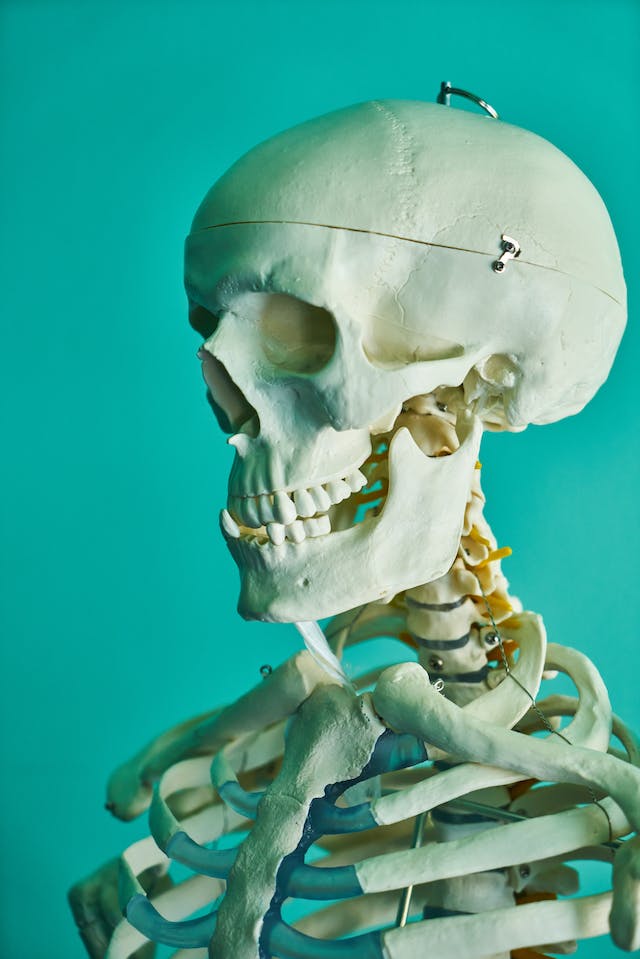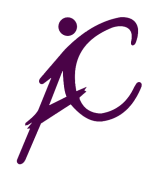 ActiveCare Physical Therapy, PC
ActiveCare Physical Therapy, PC
29 West 38th Street
Suite 601
New York, NY 10018

Posture Causing Jaw Joint Pain: Understanding the Connection and Finding Relief
 In this post, we’ll explore the connection between posture and jaw joint pain, as well as strategies for finding relief. Jaw joint pain, also known as temporomandibular joint (TMJ) pain, can be a distressing and uncomfortable condition. While many factors can contribute to TMJ pain, one often-overlooked factor is poor posture. Your posture can significantly impact the alignment of your jaw and the function of your temporomandibular joints.
In this post, we’ll explore the connection between posture and jaw joint pain, as well as strategies for finding relief. Jaw joint pain, also known as temporomandibular joint (TMJ) pain, can be a distressing and uncomfortable condition. While many factors can contribute to TMJ pain, one often-overlooked factor is poor posture. Your posture can significantly impact the alignment of your jaw and the function of your temporomandibular joints.
The Posture-Jaw Joint Connection
The temporomandibular joints are responsible for the movement of your jaw, allowing you to speak, chew, and yawn. Proper alignment and function of these joints are crucial for pain-free jaw movement. Poor posture can disrupt this alignment in several ways:
1. Forward Head Posture
When you have a forward head posture, your head is positioned in front of your shoulders, straining the neck and upper back muscles. This misalignment can affect the alignment of your jaw, leading to TMJ pain.
2. Rounded Shoulders
Rounded shoulders and a slouched upper back can compress the chest and affect the position of your jaw, potentially leading to jaw joint pain.
3. Jaw Clenching and Teeth Grinding
Poor posture can exacerbate habits like jaw clenching and teeth grinding, which can strain the jaw joints and lead to pain.
Consequences of Poor Posture on the Jaw
Continued poor posture can result in various issues related to the jaw joint, including:
1. TMJ Pain
Misalignment of the jaw due to poor posture can cause discomfort and pain in the temporomandibular joints.
2. Headaches
Jaw joint misalignment can contribute to tension headaches and migraines.
3. Facial Pain
Pain in the jaw joint area and facial muscles can occur as a result of poor posture.
4. Clicking or Popping Sounds
Improper jaw alignment may lead to clicking or popping sounds when opening and closing your mouth.
Finding Relief for Jaw Joint Pain and Improving Posture
 If you’re experiencing jaw joint pain associated with poor posture, there are steps you can take to find relief and improve your posture:
If you’re experiencing jaw joint pain associated with poor posture, there are steps you can take to find relief and improve your posture:
1. Postural Awareness
Consciously work on maintaining good posture throughout the day. Pay attention to the position of your head, shoulders, and spine.
2. Ergonomic Workspace
Set up an ergonomic workspace with a supportive chair, an adjustable monitor, and proper keyboard and mouse placement to encourage better posture.
3. Stretching and Strengthening
Incorporate neck and upper back stretches and strengthening exercises into your daily routine to help counteract the effects of poor posture.
4. Stress Reduction
Practice stress reduction techniques such as deep breathing, meditation, or yoga to reduce the likelihood of jaw clenching and teeth grinding.
5. Consult a Professional
Consider seeking guidance from a physical therapist or a dentist specializing in TMJ disorders. They can provide specific exercises and treatments to address both posture and jaw joint issues.
Jaw Joint Pain: Conclusion
Jaw joint pain related to poor posture is a significant concern that can impact your daily life. By understanding the connection between posture and TMJ pain and taking proactive steps to improve your posture, you can find relief and prevent further discomfort. Don’t hesitate to seek professional help if you’re experiencing persistent jaw joint pain to address both the posture and jaw joint issues effectively.
The Team at ActiveCare Physical Therapy addresses your posture when treating jaw joint pain. We are expert manual physical therapists who work the entire kinetic chain and specifically the upper neck to help jaw joint issues. Call us now to book an appointment.
Contact Information
ActiveCare Physical Therapy™
29 West 38th Street, Suite 601
New York, NY 10018
Phone: (212) 777-4374
Email: staff@bestptnyc.com
Website: https://activecarephysicaltherapy.com/
